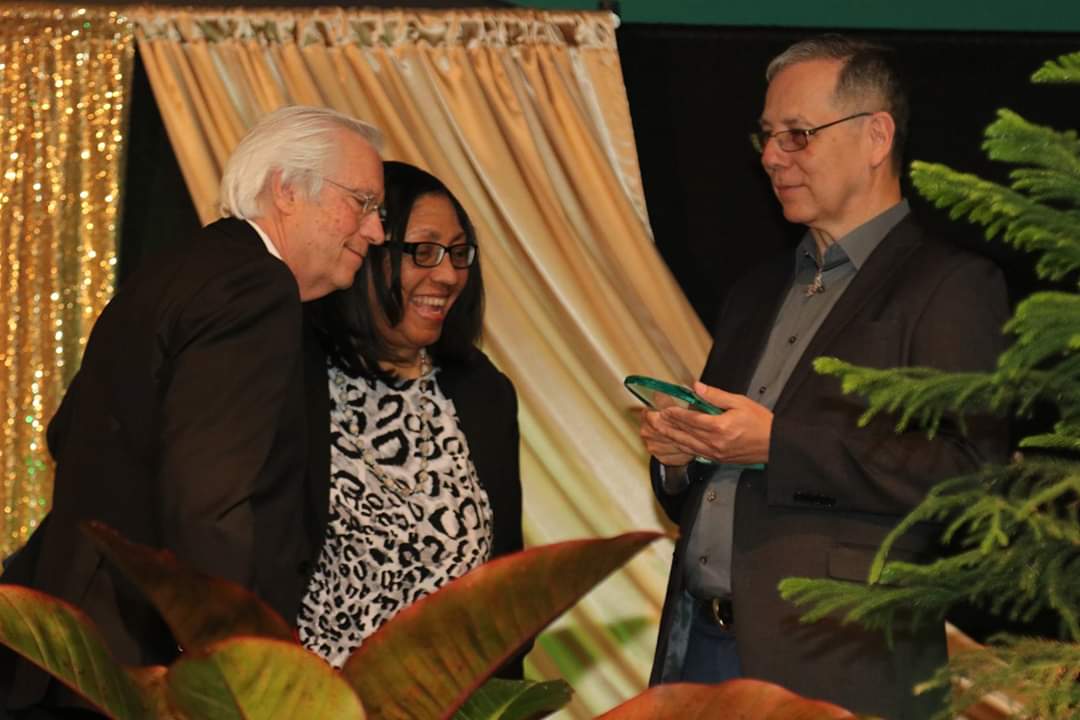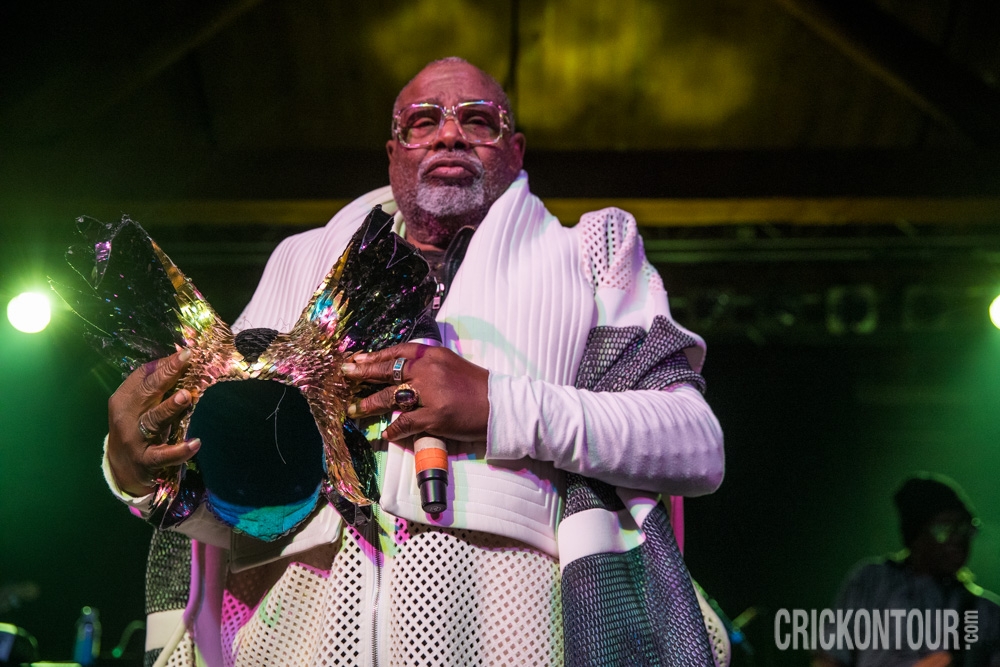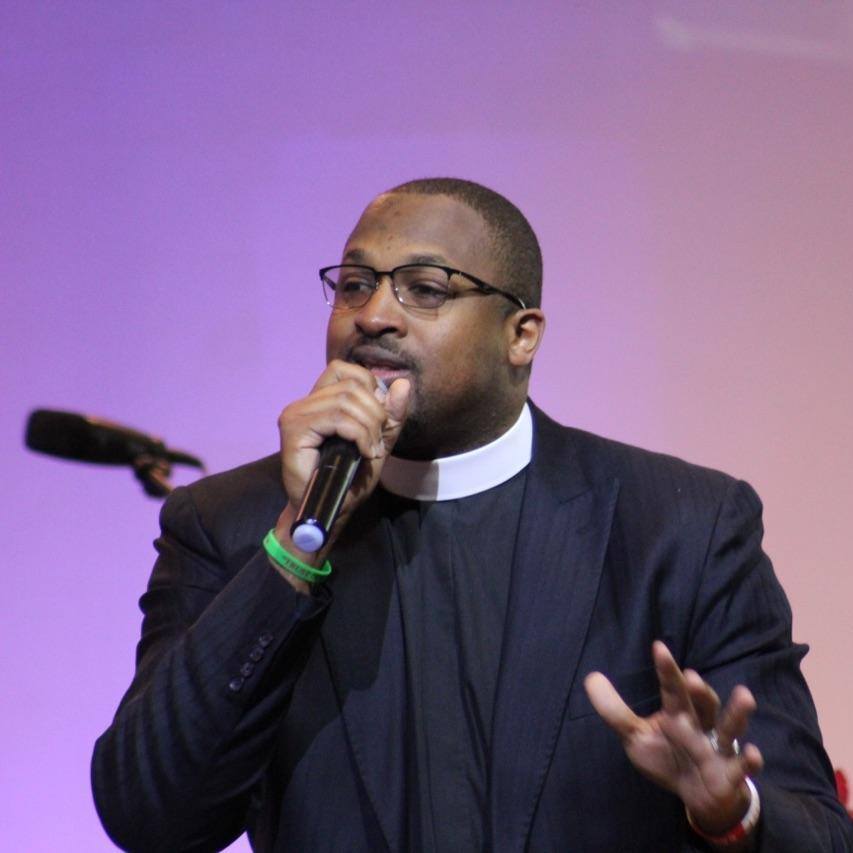
By CJ Neal
Eagle Photo/Journalist
After Emancipation, the Cherokee Nation granted its former slaves’ tribal citizenship as part of a treaty with the U.S. government in 1866. But in 2007, Cherokee members voted overwhelmingly to strip 2,800 Freedmen of their membership, defining tribal citizenship as “by blood”.
Marilyn Vann, one of the nights award recipients, was then President of the Descendants of Freedman of the Five Civilized Tribes, as well as one of the plaintiffs in the lawsuit seeking to reverse the ruling of the tribe. At that time, Ms. Vann called the decision of the court to reverse the ruling of the Cherokee Nation regarding Freedmen’s citizenship groundbreaking. “There can be racial justice — but it doesn’t always come easy,” Vann told NPR News at the time these events transpired. “What this means for me, is the Freedmen people will be able to continue our citizenship …and also that we’re able to preserve our history. All we ever wanted was the rights promised us, to continue to be enforced.”
David Cornsilk is a member of the Cherokee Nation and United Keetoowah Band of Cherokee Indians. He is a professional genealogist and the managing editor of the Cherokee Observer, an online news website founded in 1992. He is also the founder of the grassroots Cherokee National Party in the 1990s, seeking to create an alternate movement that promoted the Nation as a political entity. Cornsilk has worked for the Nation as a tribal enrollment research analyst and for the of Bureau of Indian Affairs as a genealogical researcher. He also has his own genealogical firm. In the longstanding Freedman controversy, Cornsilk promoted inclusion of freedmen descendants in the Nation because they were made citizens in 1866 by treaty with the United States. He believes the Nation needs to stand as a political entity and be large enough to include the people in its jurisdiction and honor its obligation to the freedmen descendants. As he has written,
“Anyone with some micro-thin strain of Cherokee blood should be thanking the Freedmen because they have proven that our citizenship is not based on blood or any anthropological definition of ‘Indian’ but is a legal concept rooted in the right of the Cherokee people to determine who is and who is not a Cherokee.”
In an interview with The Oklahoma Eagle, Chief Bill John Baker of the Cherokee Nation reflected upon the issue within the tribe which subsequently brought about the award honors Thursday evening. “When Marilyn Vann came to me in 1995 (when the council first began broaching the subject of freedman’s rights,) and I was ignorant to the facts surrounding the subject” said Chief Baker. “But when she laid the paperwork before me, she laid out everything about this issue on the table, and I believed that she was right. I believe that our ancestors in 1866 signed a treaty that said Freedman would have the same rights as tribal members, but then folks tried to say, well, that was just for the original heirs and not for those who were their descendants. I couldn’t figure out how they were getting from point A to point B in this argument. But obviously, you can argue over anything, if you want to argue. And so, it took 25 years for a judge to finally get it right, get it to court, make the decision. Once that was done then we went about the business of immediately implementing it so that no freedman felt like they were being put on the back burner any longer. Our task was to make sure that every program, everything we receive from the federal government is equally shared. So, you know every benefit we have as tribal members, Freedman share those benefits as well. And so, we finally got that right. You know, it’s been a long struggle for a long time. Many times, it was a blemish on the Cherokee Nation that didn’t need to happen, but unfortunately it did happen. I’m just glad that it is settled. And it will never raise its ugly head again. Amen, we are all one people as it was intended to be.”
When asked about Freedmans standing and interactions within the Cherokee Nation, Chief Baker said he doesn’t believe that there are any issues. “Many black Cherokees are Cherokee by blood, and there has been no distinction with this against them or anything like that. Some in the past, may have been asked; Well, are you by blood? Are you free? But that question doesn’t ever need to be asked again because I’m convinced that there are a great deal of freedmen that are my blood as well, although various records couldn’t connect the dots.”
With elections coming up soon, Chief Baker will be stepping down as Chief of the Cherokee Nation, but when asked what his plans are after his tenure, the Chief replied, “I will go where God leads me, that is all any on us can do.”









